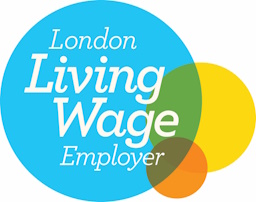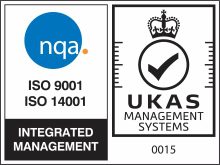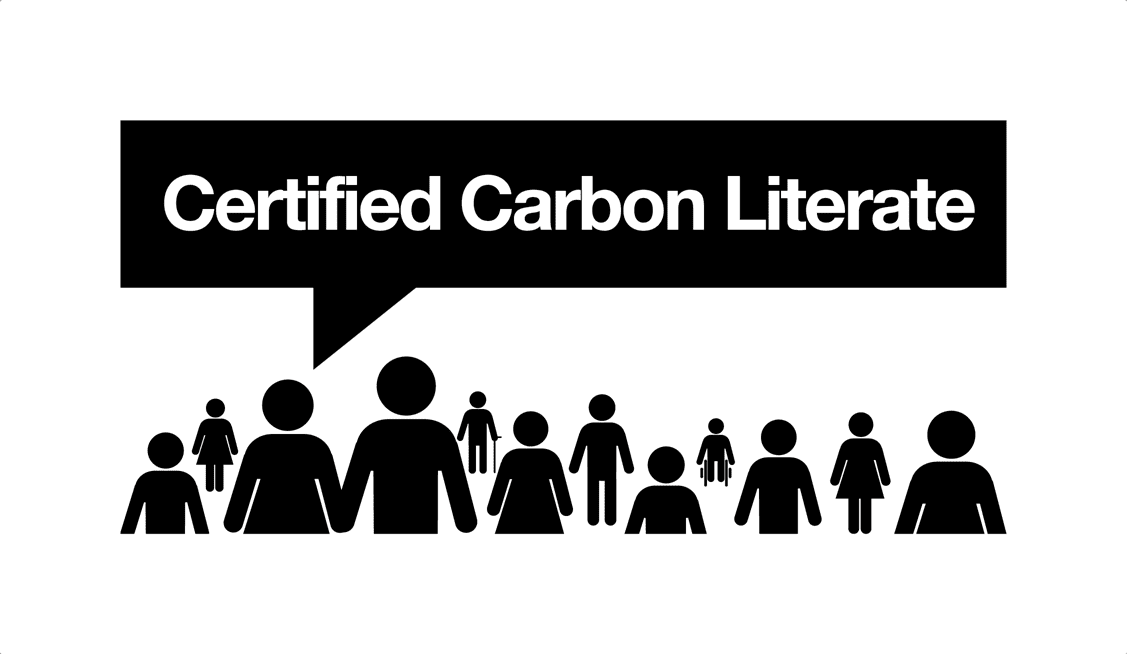The results from the British Chambers of Commerce (BCC) quarterly economic survey (QES) for the first quarter of 2022 have highlighted the full extent of financial stress that businesses are under. With soaring inflationary pressures reaching record highs, firms are facing cost increases from all angles, ranging from energy bills and raw material prices as well as the rise in National Insurance.
The QES received over 5,600 responses and as the UK’s largest independent economic survey, it highlights the common issues faced by the business community on a national level and supports Chambers like Staffordshire to be the voice of the business community, as well as helping to shape and influence policy thinking with the information provided.
Whilst overall the survey indicated a solid first quarter for the UK economy, as the release of pent-up demand following the end of Plan B restrictions and reduced consumer concerns over Omicron helped support activity in the quarter. However, figures also highlight the significant headwinds facing the UK economy.
Historically, high price pressures suggests that the current inflationary surge will escalate significantly in the coming months. The reversal of the hospitality VAT cut, the higher energy price cap and soaring energy and commodity prices amid Russia’s invasion of Ukraine, should push inflation well above eight percent in the near term.
In Q1, more than 77 percent of firms surveyed cited inflation as a concern for their business, whilst 62 percent (a new historical high) also stated that they expect to raise prices, which is an increase from 58 percent in Q4 2021. This figure increased to 75 percent for production and manufacturing firms as well as firms in the retail sector. The results from the survey have demonstrated the rising inflationary pressures on firms reaching the highest they have been in 33 years, and this has caused the cost of business to increase significantly meaning that more firms are likely to see their cash flow weaken.
92 percent of manufacturing companies have cited that the increasing cost of raw materials has led to the subsequent increase in their prices. However, other firms have also noted that the energy and fuel costs, as well as finance costs, have played a significant role in price increases.
Only 42 percent of firms reported an overall increase in domestic sales which is a decrease from the previous 45 percent which was reported in Q4 2021. Then 16 percent of firms reported a decrease in their domestic sales, this figure has increased to 18 percent now. Despite firms in the services sector reporting a decrease of 5 percent in domestic sales compared to Q4 2021, firms in the manufacturing sector have reported an increase of 2 percent in domestic sales.
It was disappointing to see the Chancellor miss the opportunity to reduce the cost of doing business in his Spring Statement. We have continued to urge Government to provide urgent financial support to SMEs, by expanding the energy bills rebate scheme as well as introducing an SME energy price cap to protect smaller firms from the price increases.
It is also important to note the relevance of Russia’s invasion of Ukraine which has raised the risk of a renewed economic downturn, further aggravating the financial squeeze on businesses and households. It is now more important than ever that businesses are provided with the right support to ensure businesses have greater resilience to get through the uncertain times ahead.
Business Skills for Growth Survey
The figures above whilst sobering also highlight the importance that the skills agenda must play in getting the economy back on track as more than ever, businesses recognise that their workforce is their biggest asset.
Changes to the working world including higher customer expectations, economic uncertainty and round-the-clock markets mean that skill gaps in businesses are widening.
And, with Brexit and the push for every business to be ‘Net Zero’ by 2050, firms face a real challenge when it comes to their skill base and growth.
The Stoke-on-Trent and Staffordshire Local Enterprise Partnership (SSLEP), through its Skills Advisory Panel, is asking all organisations and businesses to take part in the Business Skills for Growth Survey to understand future business skills needs.
By completing the survey you’ll be helping to shape the evolution of skills provision across Stoke-on-Trent and Staffordshire that will come together through a network of support organisations and learning providers including Staffordshire Chambers. The survey takes around 25 minutes to complete, and your input is greatly valued in helping to shape our future economy.
You can access the survey, here.
If you want to talk to us about any business issues, including funding, you can call our switchboard on 01782 202222 or call the Stoke and Staffs Growth Hub Helpline on 0300 111 8002 or email: info@staffordshirechambers.co.uk












You must be logged in to post a comment.